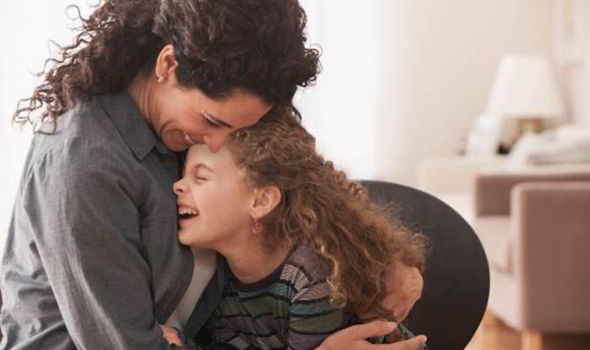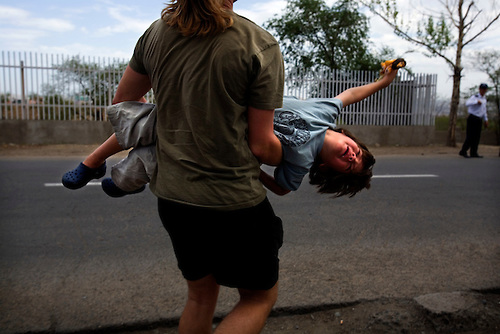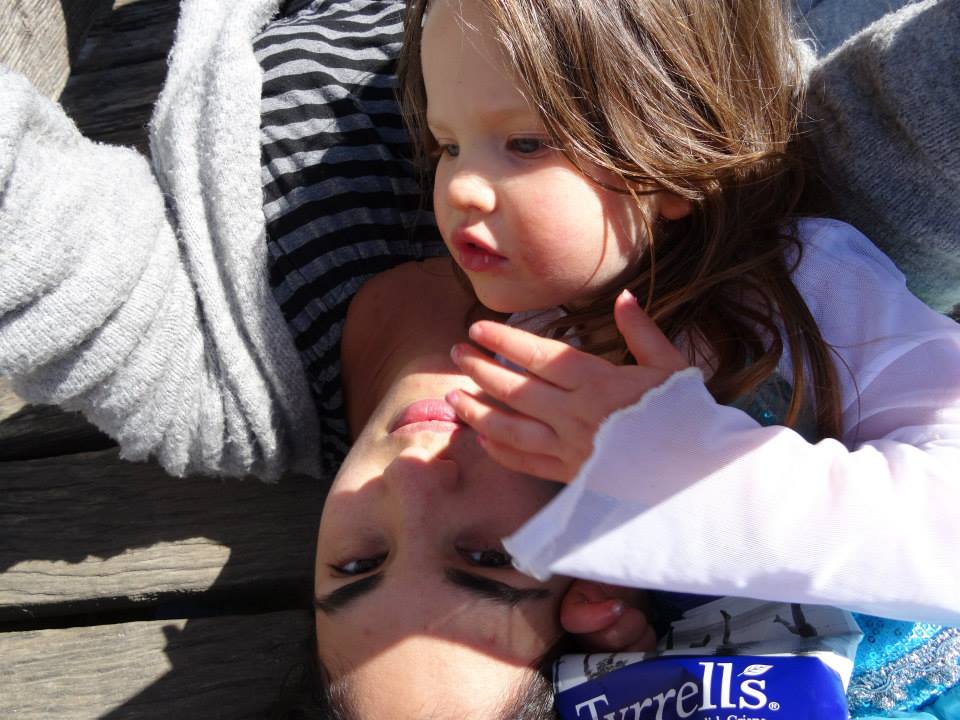Category: anxiety
-

When our childhood trauma shows up in parenting
Click here to open pdf When my first child was born I was so ready for him and longing to meet him. My body however wanted to freak out and be taken care of so it generated a uterine infection that left me sweaty and comatose for the first 5 weeks of my son’s…
-

Fix separation anxiety to bring closeness
So often, I’m amazed by the power of this therapeutic parenting work, to shift not just tricky behaviours, but entire patterns that I had written off as just being part of my or my child’s personality. I’m very close to my kids, but they’ve always been kinda avoidant with me. Wanting physical contact but…
-

Why connection is the key to parenting
Endurance stress or Connection stress? A guest post by Alice Irving Pretty much all of my (yummy) clients are stressed. Most of them are doing too much. But that’s not really why they’re stressed. What’s causing their stress isn’t the volume of work they’ve got, it’s the feeling of fear and anxiety about what will…
-

When children are anxious or explosive
“You’re KILLING me, I can’t BREATHE, I’m HOT, let me go! You’re hurting me. What kind of MOTHER hurts her own SON.” I look down and check. My hands are so loosely around his 7 year old wrists. Admittedly, I was holding him pretty tight a few minutes ago but now it feels like…
